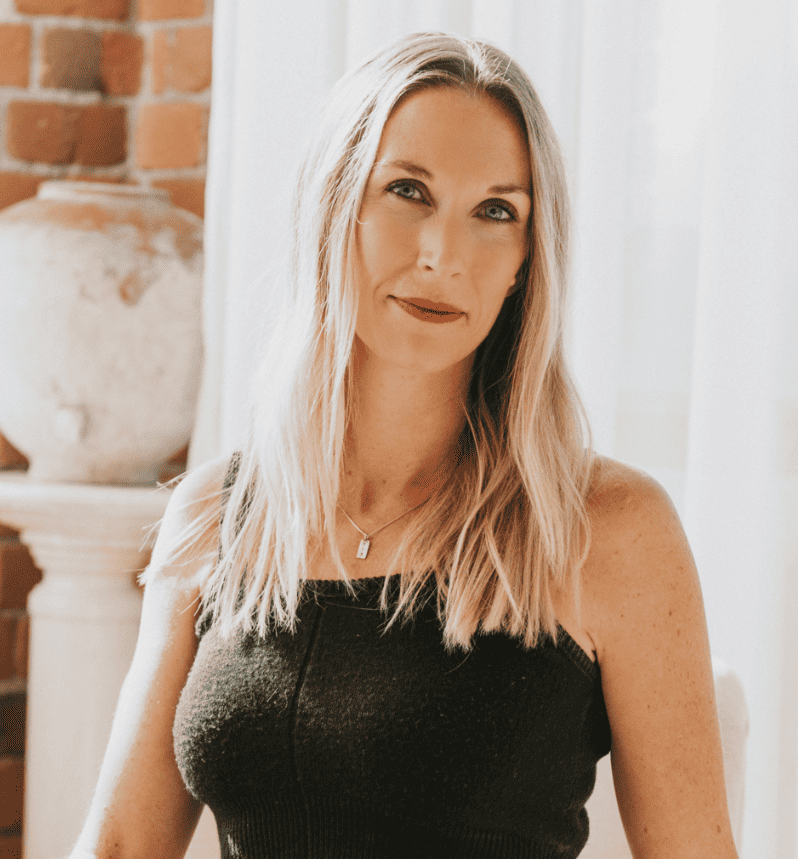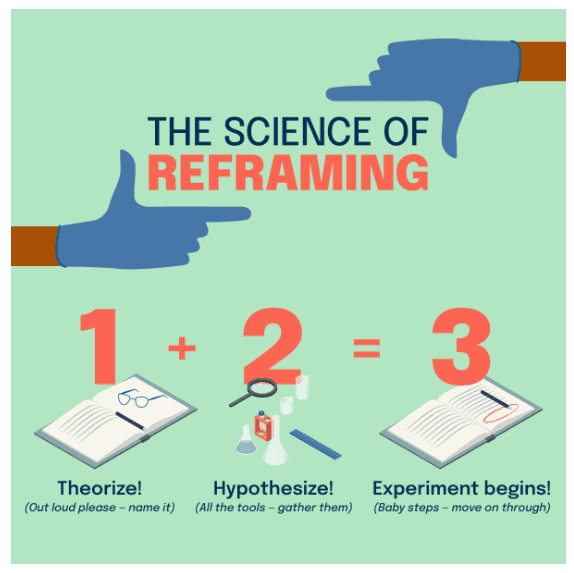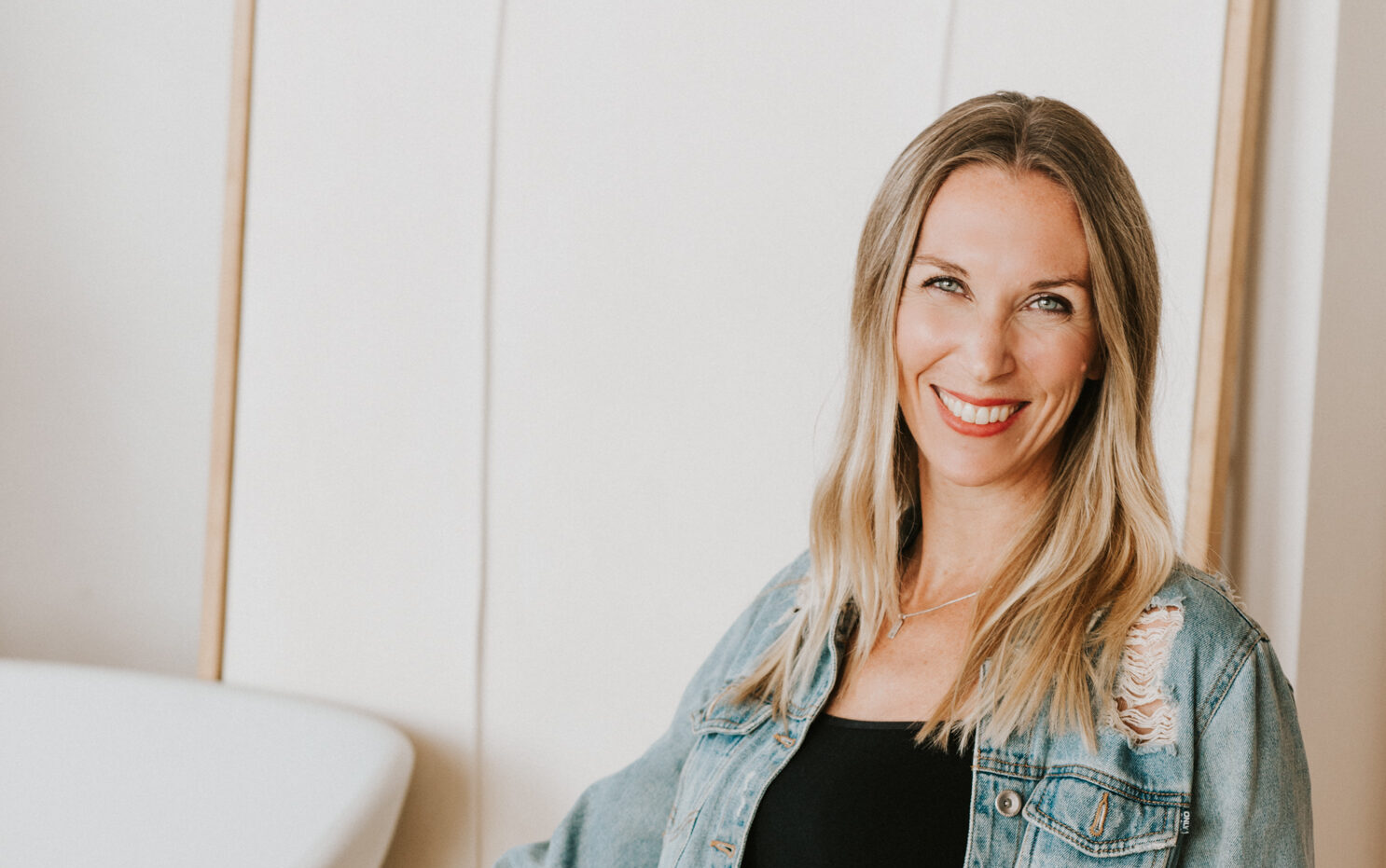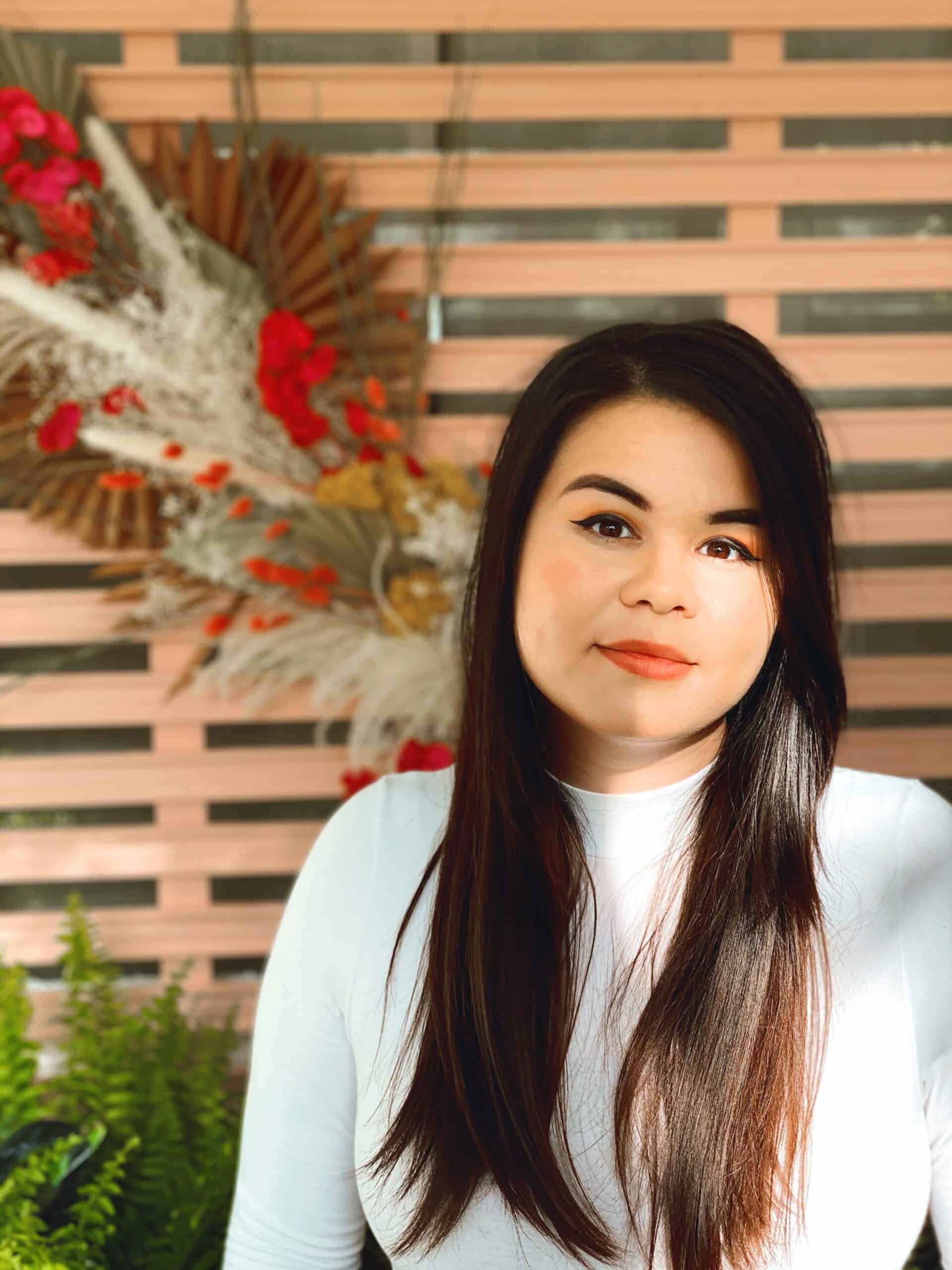Meet Natalie Davey, a resilient individual who has navigated the challenges of living with a chronic health condition after nearly losing her leg to blood clots and sepsis. In this candid interview, Natalie shares her journey of rewriting her story, finding strength in community, and utilizing writing and podcasting to connect with others. Through her three-step process of reframing, Natalie has embraced her identity as a sepsis survivor, advocating for self-care and empowerment. Join us as Natalie discusses her experiences, insights, and aspirations for the future.

How did you cope with the emotional and physical toll of almost losing your leg to blood clots and dealing with sepsis?
I would say I moved through stages of disbelief to belief…though not very quickly! I was still doing my grades frantically and asking to get back to work so as not to let anyone down when the emergency doctor said to me quite sternly: “You have no idea how lucky you are. You should have died last night.” So, I would say his words impacted me going into my new life of living with the ongoing physical and emotional impacts of my being a survivor. I am lucky to have lived and retained my leg. And yet the word survivor is a bit of a misnomer — it connotes that something happened and then is done. But it’s never done for me, thus an ongoing reconciling of that reality.
Could you elaborate on the process of reframing your perspective and finding strength in asking for support during such a difficult time?
Reframing for me has been an iterative three-step process.

I am constantly taking in what I’m feeling in my leg, specifically throughout the course of the day as my foot swells and I can’t sit still for the pain or my compression sock has twisted my toes into some new contortion. My 3-step process has me first theorize what’s going on in my mind, then hypothesize a way forward with tools (conversation? something to read? watch? anything to interrupt going to a negative place). Finally, I experiment to find what works. Thus, iterative! Sometimes a walk works. Sometimes I call my sister. The point is my mind is active in this reframing process. It’s not a one and done
You mentioned finding a new community in the world of disability support. How has this community impacted your journey of rewriting your story?
I was at a conference just recently where I traveled for the first time with a group of self-identifying disabled folk. Everyone with differing disabilities but all on the same team — a recognition and naming of what makes us different. Naming my reality as a sepsis survivor with chronic health issues has been possible because others have done that work before me. I don’t have to feel embarrassed or needy or alone. There are others living and navigating like I am and “toughing it out” solo is not useful to me or anyone else.
In what ways have you utilized writing and podcasting to share your story and connect with others?
My writing and my podcasting have both given me platforms to talk about disability on my own terms. Not to overuse the term but it’s been an iterative process. If you were to go back to the beginning of the Reframeables podcast you’d hear me talking about my divorce. It took a while before I finally felt ready to talk about my disability, my chronic condition. And that’s ok. Because this is ongoing! What does Sarah Manguso call it? Ongoingness. That’s a great summarizing term for my experience with disability.
What advice would you offer to women who may feel stuck or overwhelmed by similar health challenges or life-altering experiences?
I would suggest searching out community, be it in person on online via Instagram, Reddit, LinkedIn, etc. Going it alone is not the stronger way forward. I believe it’s impossible not to be worn down over time when alone. And I would really encourage naming whatever it is that you’ve experienced/live with. Putting words to big feelings and experiences is part of the first step in my three-step process. The power inherent in those words — in naming the reality of your experience…I can’t say enough about that.
How has your journey of rewriting your story influenced your outlook on life and your sense of resilience?
Rewriting my story through the reframing process has given me back some power and control over my body and mind…what felt very much removed from me when I was hospitalized. And removed once again when I had to stumble around for the right words in places of work and play where people lacked understanding. Finding a new language to reframe and then share my experience with others has been key to my hopeful outlook on life. Resilience has come from having to do this process every day.
Can you describe a specific moment or realization that marked a turning point in your journey towards healing and empowerment?
I remember when my son put on two different socks to “look like mama” I lost my mind with gratitude. This little boy didn’t have any sense of the gift he gave me but it was exactly that — a gift. He didn’t see my two different legs as less than. They were me and I was enough.
What role has self-care played in your process of rewriting your story, especially considering your chronic health condition?
If I’m being honest I’m not super at self-care in the sense of getting massages or setting firm boundaries with my “nos” — but I am modeling self-care for my son (he’s nine) by claiming space to tell my story and I think he sees that. If I’m helping him to see himself as wholly human because I see myself that way, that feels like self-care to me.
Looking ahead, what are some aspirations or goals you have for yourself as you continue on your journey of personal growth and empowerment?
I have a kids show that my creative partner and I working to package. We already have a broadcaster on board so getting it off the ground feels possible. The leads will be cast from the disability community and that is a goal for me — to see this project through. To write and tell stories of those who live with non-apparent disabilities and conditions and need to see themselves on screen. To feel seen. That work is part of my ongoing journey of personal growth and empowerment.
Thank you so much Natalie for showing us your strength and how rewriting your story is possible. You can find more of Natalie’s work here:
Instagram — https://www.instagram.com/reframeables/
LinkedIn — https://www.linkedin.com/in/natalie-davey-phd/
Twitter — https://twitter.com/NatalieJoyDavey
Substack — https://nataliedavey.substack.com/






